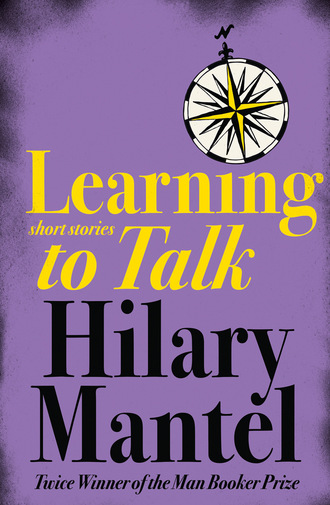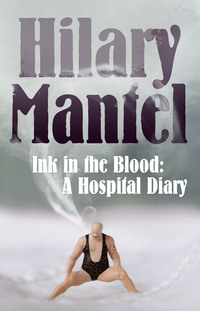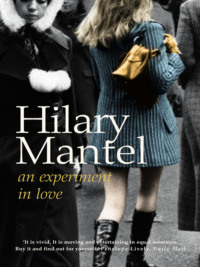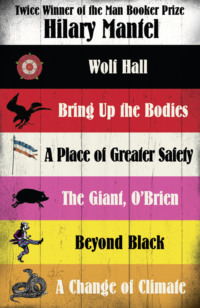
Полная версия
Learning to Talk
‘Died? How?’
She dabbed a crumb from the corner of her mouth. ‘Killed himself.’ She got up, went to the sideboard, opened a drawer, rummaged under tablemats and photographs. ‘I kept the paper. I thought I’d sent it you.’
I knew I had been pulling away; I knew I had been extracting myself bodily, piece by piece, from my early life. I had missed so much, naturally, and yet I thought I had missed nothing of consequence. But Philip, dead. I thought of the stones he threw, of the puzzled squint of his eye, of the bruises on his gangling legs below his short trousers.
‘It’s years now,’ my mother said.
She sat down again, opposite me at the table, and handed me the paper she had preserved. How quickly newsprint goes yellow; it might have come from a Victorian public library. I turned to read, and read how Philip had blown himself up. All the details from the coroner’s court: and the verdict, death by misadventure.
Philip had constructed, in Bobby’s garden shed, a sugar and weedkiller bomb. It was a fad of the time, making bombs at home; it had been popularised by events in Belfast. Philip’s bomb – the use he had for it was unknown – had blown up in his face. I wondered what he had taken with him in the blast: I pictured the shed splintered, the stacked flowerpots reduced to dust, even the cows in their field lifting bemused heads at the noise. An irrelevant thought slid into my mind, that Ireland had undone him at last; and here I was still alive, one of life’s Provisionals, one of the men in the black berets. Philip was the first of my contemporaries to die. I think about him often now. Weedkiller, my brain says back to me: as if it needed replication. I am burning on a slower fuse.
Конец ознакомительного фрагмента.
Текст предоставлен ООО «ЛитРес».
Прочитайте эту книгу целиком, купив полную легальную версию на ЛитРес.
Безопасно оплатить книгу можно банковской картой Visa, MasterCard, Maestro, со счета мобильного телефона, с платежного терминала, в салоне МТС или Связной, через PayPal, WebMoney, Яндекс.Деньги, QIWI Кошелек, бонусными картами или другим удобным Вам способом.







